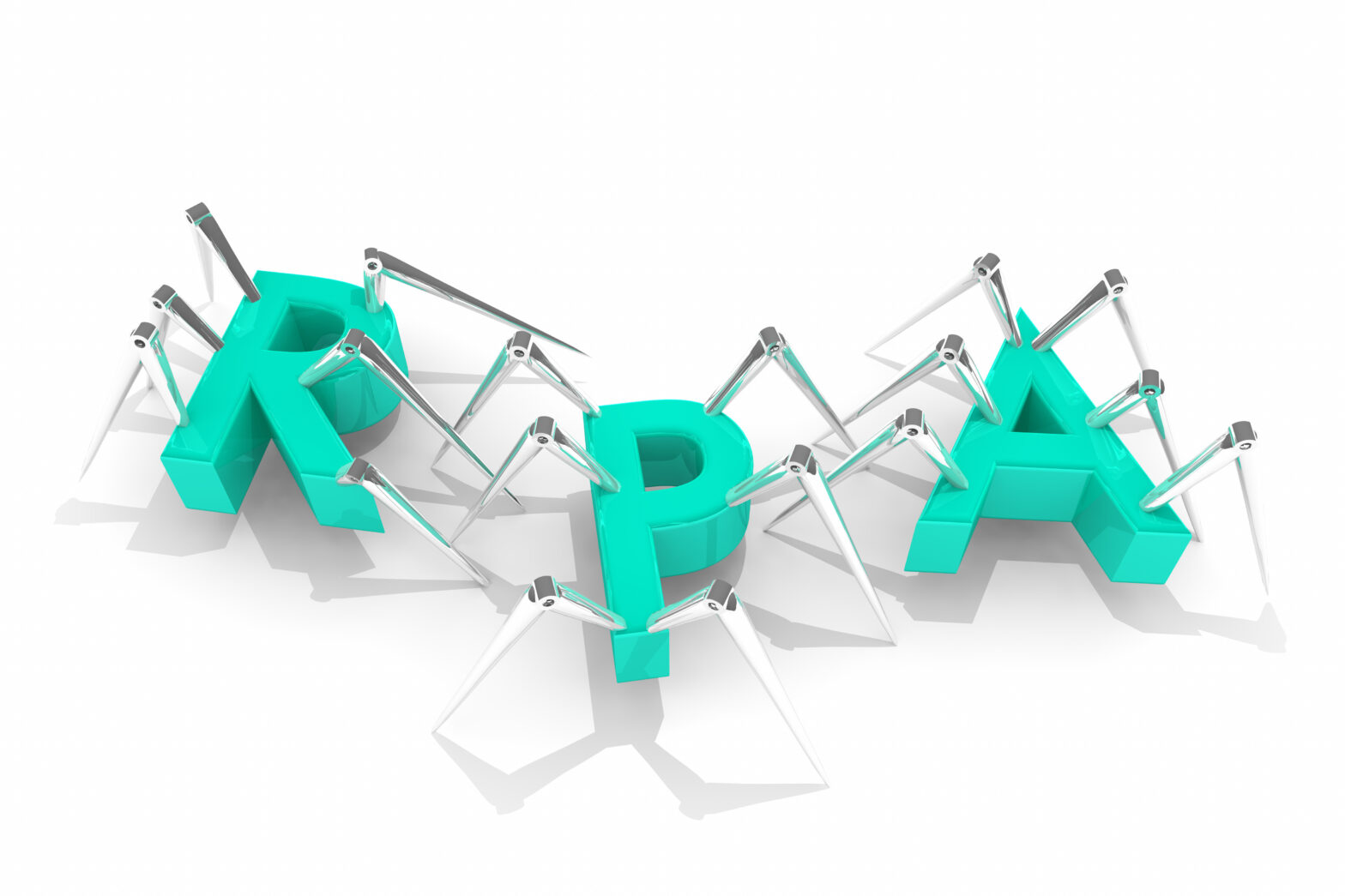Robotic Process Automation (RPA) could be a blessing in disguise for those falling behind with compliance for the EU’s General Data Protection Regulation (GDPR).
With just 6 months to go before GDPR comes into effect, the full implications for business are yet to be understood; but organisations that hold or process personal data, which are not sufficiently prepared, are very likely to experience disruption in service delivery as a direct result.
Strict requirements for personal data security, privacy, and the right to erase, among other things, can cause severe headaches for the management of organisations, not just in the EU but in all regions.
For those organisations that have not yet prepared for GDPR, there are questions such as how to best obtain and maintain consent, how to deal with access requests, how to set up processes for revocations of consent and requests to be forgotten, and many more – the list seems endless.
>See also: Keeping humans in the loop in an AI-driven world
But RPA could prove to be a blessing in disguise for the laggards; RPA offers a new “workforce” of software robots to help you automate repetitive manual tasks and processes.
These software robots are easy to configure, require little IT expertise and can be quickly trained and deployed to automate manual tasks. The difference between these and traditional software is that these robots work at the user interface level, replicating exactly the actions a human user would take.
Examples of activities where RPA can be applied include performing double data entry, copying and pasting data between computer systems, reconciling and cross-referencing data between different systems and implementing high-level decision making at key points along the business process.
In the context of GDPR, there will likely be many processes that qualify:
• Checking data against consent and revocation databases.
• Checking incoming consent / revoke requests and acting accordingly.
• Process changes of personal data and related consent across all systems that hold that data.
>See also: What does digital transformation mean for finance teams?
These can be daunting tasks, especially if there are many systems and cross-system shares involved. Many companies choose to set up manual routines, which will be time consuming in the daily work and are not scalable. Instead of having people doing the repetitive, mundane, high volume cut-copy-paste data-moving tasks robots will happily do this work (and more). RPA is easy to implement; there is no need for deeper integration or change of underlying processes and it requires a relatively low up-front investment.
Digitalising compliance with intelligent RPA
Initially robots were only capable of working in an attended mode, assisting users in completing a specific task automatically, or guiding them through the required steps that need to be done. These robots have evolved tremendously and can now work in unattended mode – without any user involvement or interaction.
The next generation cognitive RPA goes even further and is envisioned to have inbuilt artificial intelligence (AI), with natural language programming (NLP) and unstructured data processing skills. Unlike first-generation robotic products, augmented intelligence solutions learn, reason, and get smarter as they are taught by subject matter experts.
>See also: The increasing impact of the digital workplace
This will make RPA intelligent and enable it to carry out judgment-based tasks and allow more complex tasks to be transitioned to cognitive robots. Combined with analytics – both predictive and prescriptive – this enables new digital innovations in regulatory compliance in the (near) future.
The increasing complexity of managing risk combined with the data overload that organisations must manage has brought us to a turning point. Emerging technologies such as described above will no longer be simply a matter of competitive advantage, but a necessity to keep up with continuing change and complexity. Especially for GDPR; there’s no time to waste.
Sourced by Michiel Jorna, global director Industry Solutions, Software AG







